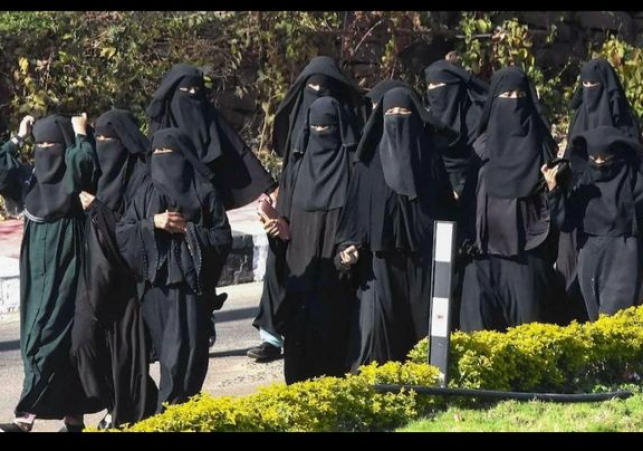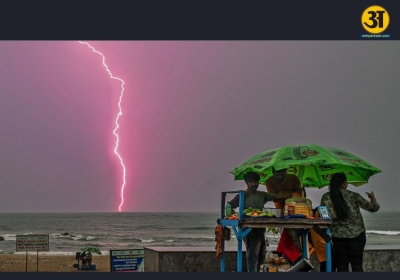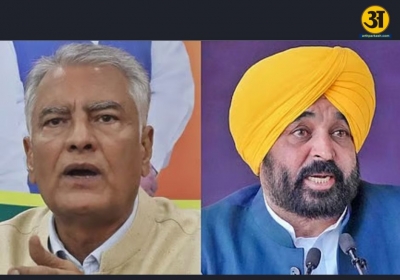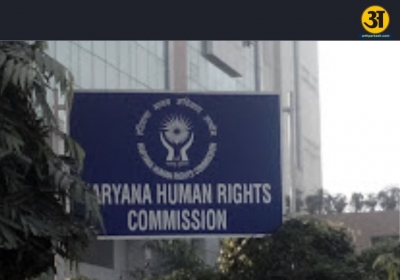
Karanataka High Court will shortly deliver the order
Karnataka Hijab Row: Bench says "Heard. Order reserved"
After 11 days of discussion, the Karnataka high court finished its hearings on numerous petitions contesting the state’s ban on the hijab in educational institutions on Friday and reserved its verdict.
The three-judge bench, led by Chief Justice Ritu Raj Awasthi, declared “Heard. Order reserved.” The bench, which also included justices Krishna S Dixit and JM Khazi, also requested that the petitioners file any written submissions they may have.
It also dismissed an application alleging a conspiracy behind the row and requesting a joint investigation by the CBI and the National Investigation Agency (NIA) into various agitations.
The bench, which was formed on February 9, has been hearing a bundle of petitions filed by some females seeking permission to wear the hijab in educational institutions on a day-to-day basis for the past two weeks. On December 28, the girls were refused entrance to a pre-university government college for girls in Udupi due to their hijabs.
What started with two colleges in the coastal districts of Udupi and Mangaluru became a statewide row last month after more institutions announced a ban on the hijab, Hindu groups mobilised groups of men wearing saffron shawls to resist the entry of women in hijab in schools and colleges, isolated clashes broke out in Shivamogga, and the state government issued a controversial order on February 5 saying students will not be allowed to attend classes with Hijab.
The high court issued an interim ruling on February 10 stating that students should not wear religious clothing to class until the hearing is completed. It clarified the ruling on February 23, stating that it applies to all degree and PU colleges with a dress code.
Advocate Subhah Jha, appearing on behalf of petitioner Ghanshyam Upadhyaya, claimed on Friday that student agitation was inspired by organisations such as the Popular Front of India (PFI) and its student branch, CFI.
Taking note of the plea, the chief justice said, “Do you have any material showing extraneous elements, then we can consider? So far as religious issues are concerned, we have heard others.”
“An agitation of this magnitude cannot be orchestrated overnight. This cannot turn out of the blue. There are photographs showing the girls were not wearing the hijab earlier. Suddenly, petitions are being filed one after another, senior lawyers across the country are engaged,” Jha replied.
“Have you tried to collect any material to show that there are some organisations or some people, behind these agitations? Do you have any material to show that?” the bench asked.
While Jha attempted to link the CFI to the recent murder of a Bajrang Dal member in Shivamogga district, the bench stated that an investigation into the issue was ongoing.
“We can’t draw presumptions till the police come out with a report. The government is taking care of law and order and wherever there is a problem they are taking action. We can’t draw a conclusion that this matter needs to be entrusted to the CBI or NIA (expansions) for investigation,” the bench started.
During the hearing, the female students argued that wearing the hijab is an important religious practise in Islam, and that suspending it, even for a few hours during the school day, weakens the community’s faith and infringes their constitutional rights under Articles 19 and 25.
Lawyer Devdatt Kamat, who appeared on behalf of the petitioners, cited many judgments from other nations, including South Africa and Canada, to make his point, and the case of Sonali Pillai, who went to court to protest her school’s rule prohibiting her from wearing a nose ring. Pillai, according to Kamat, won the lawsuit in South Africa.
As protests for and against the hijab grew more violent in some areas, the state administration declared a three-day holiday for all high schools and institutions in the state starting February 9, which was later extended for colleges until February 16.
The bench ordered the administration to reopen educational institutions that had been closed due to the protest and restricted students from wearing religious attire till the court issued its final ruling.





